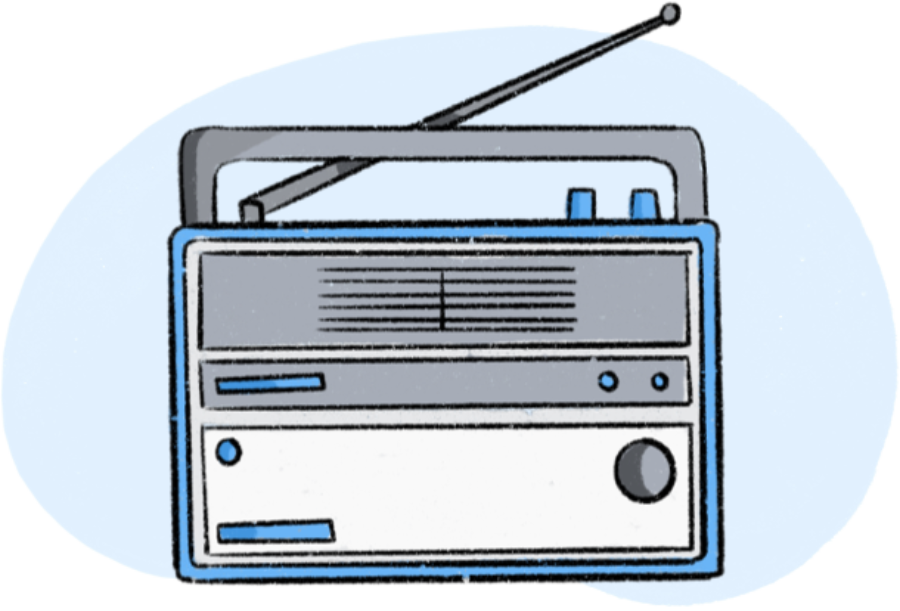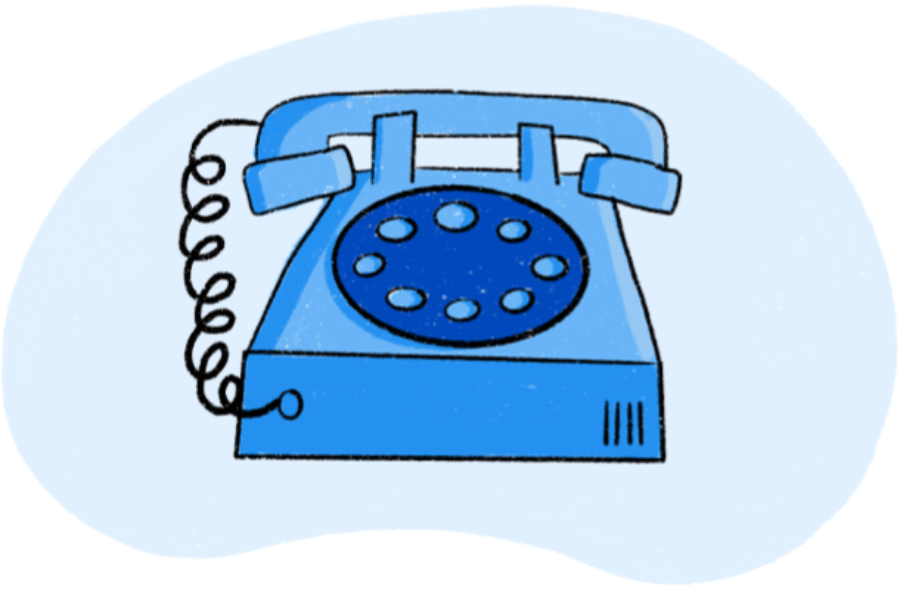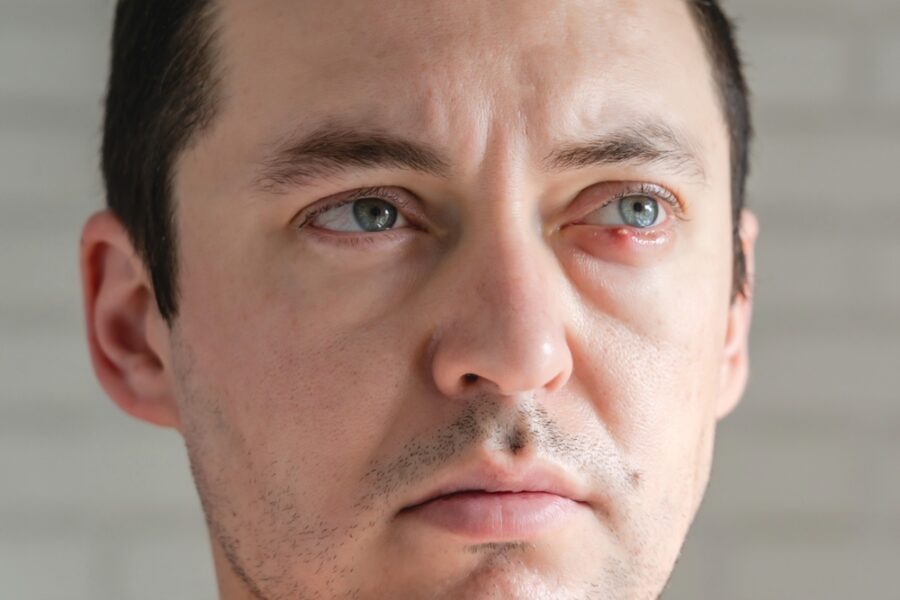

Blog post
Eye Twitching (Myokymia): Definition, Causes and Prevention

Matthew Burford BSc(Hons) Optometry MCOptom - Domiciliary Optician and Professional Services Manager at OutsideClinic
5 minute read time
Eye twitching, medically known as myokymia, is a common condition characterised by involuntary, repetitive muscle contractions in your eyelid. These twitches can occur either in your upper or lower eyelid and are normally a subtle sensation, to that of a pulse or flutter. It is it not normally associated with any pain and is harmless, however, eye twitching can occasionally be an annoyance or concern, especially in cases of persistence and alongside other symptoms.
Myokymia does not demonstrate a bias, as it can affect individuals across all demographics, regardless of gender or age. However, it’s been led to believe that environmental factors and your lifestyle can play a significant role in is manifestation, with such factors being in high stress environments or prolonged exposure to digital screens.

What are the causes of eye twitching?
The most common causes of eye twitching are fatigue and stress, however there are some factors that play cause twitching:
- Excessive caffeine consumption
- Eye strain
- Alcohol intake
- Dry eyes
- Nutritional imbalances
- Allergies
- Smoking

How to prevent eye twitching?
To prevent eye twitching, this commonly entails addressing your lifestyle and maintaining a high level of overall eye care. Here are some practical steps to help minimise the potential chance of eye twitching:
Get enough sleep:
Fatigue is one of the most common triggers for eye twitching. Aim for 7-9 hours of restful sleep each night to give your body and eyes the recovery time they need.
Manage stress:
Stress can significantly contribute to twitching. Incorporate relaxation techniques into your routine, such as meditation, yoga, or regular physical activity, to help keep stress levels in check.
Take breaks to avoid eye strain:
Prolonged screen time or reading can strain your eyes. Follow the 20-20-20 rule: every 20 minutes, look at something 20 feet away for at least 20 seconds to give your eyes a break.
Moderate caffeine and alcohol intake:
Overconsumption of caffeine or alcohol can overstimulate the nervous system and contribute to dehydration, both of which can trigger twitching. Reducing your intake can help minimize symptoms.

Is eye twitching a sign that I need glasses?
Eye strain can result from trying to focus without the appropriate corrective lenses, leading to overworking of the eye muscles. This strain might manifest as an eye twitch among other symptoms like headaches, blurred vision, or difficulty focusing.
If you suspect that you might need glasses or if you already wear them and think your prescription might have changed, it's a good idea to schedule an eye test.
Can the flu make your eye twitch?
While the flu can cause muscle aches and fatigue, it's not a common direct cause of eye twitching. However, fatigue from the flu might indirectly contribute to it.

Is eye twitching a sign of a stroke?
No, a simple eye twitch is usually not a sign of a stroke. Strokes typically present with more severe symptoms, such as weakness on one side of the body, slurred speech, severe headache, and facial drooping.
How long does eye twitching last?
Most eye twitches are harmless and tend to come and go unpredictably. They might last for a few seconds to several minutes, but usually, they will go away on their own within a few days. Some might occasionally last for weeks, but this is less common.

When should I consult an optician about eye twitching?
Consider seeing an optician if:
- The twitching doesn’t go away after several weeks.
- Your eyelid completely closes with each twitch or the twitching affects other areas of your face.
- Your eye is red, swollen, or has discharge.
- You see other abnormal movements in your eye.
- The eyelid droops.

By Matthew Burford BSc(Hons) Optometry MCOptom - Domiciliary Optician and Professional Services Manager at OutsideClinic Post last updated 6th January 2025
Matthew graduated from Aston University in 2004 with a degree in Optometry.















